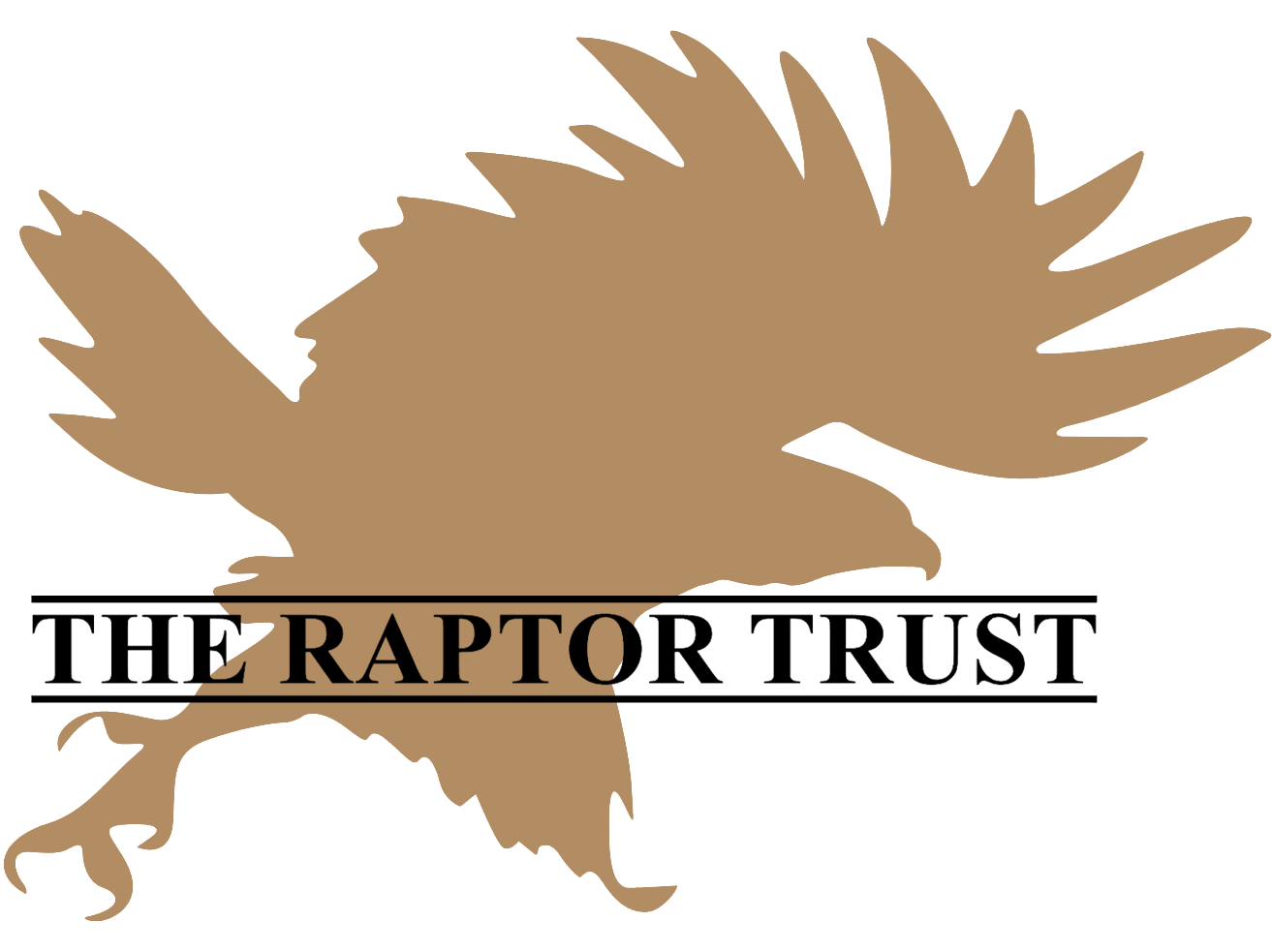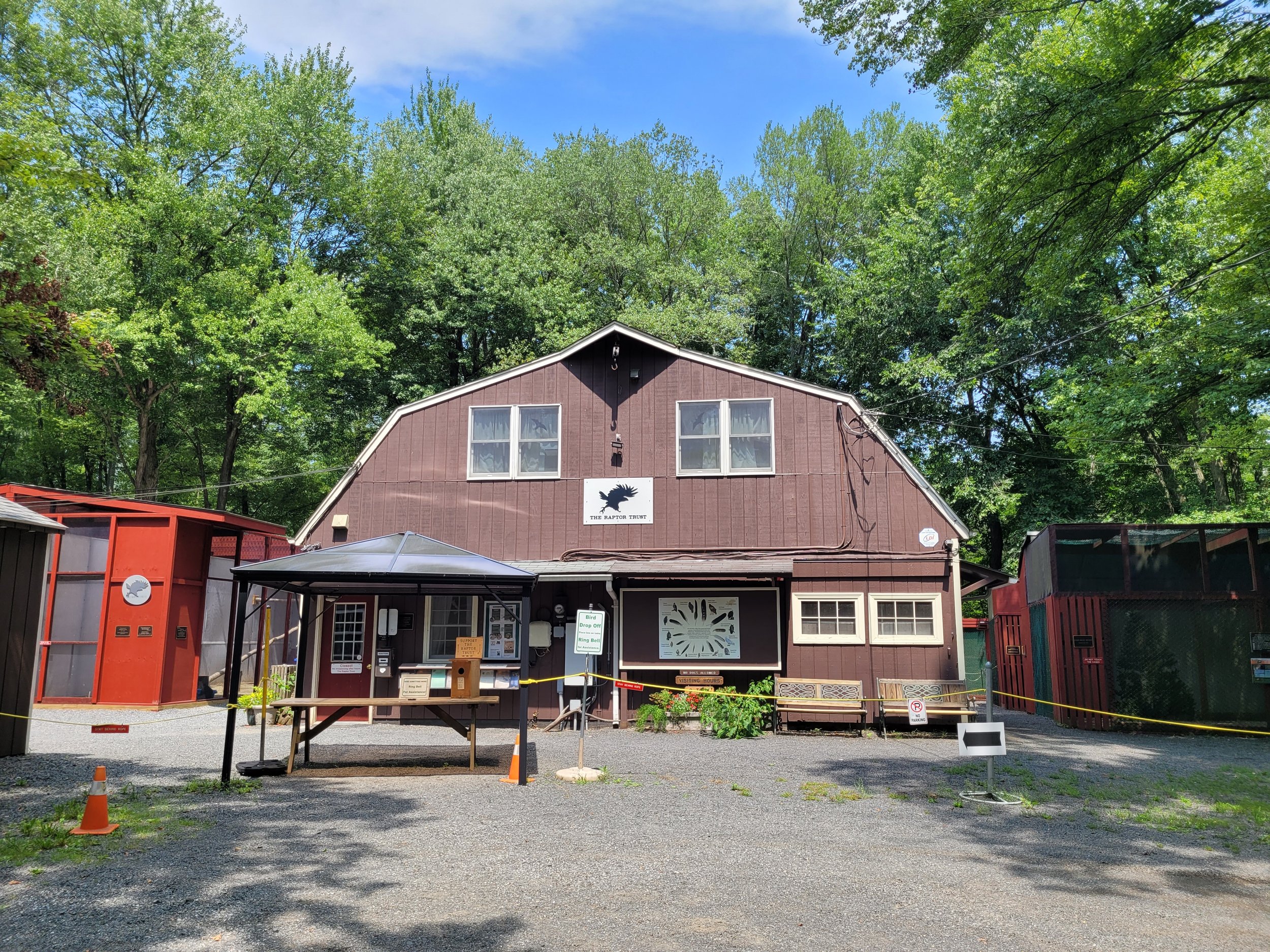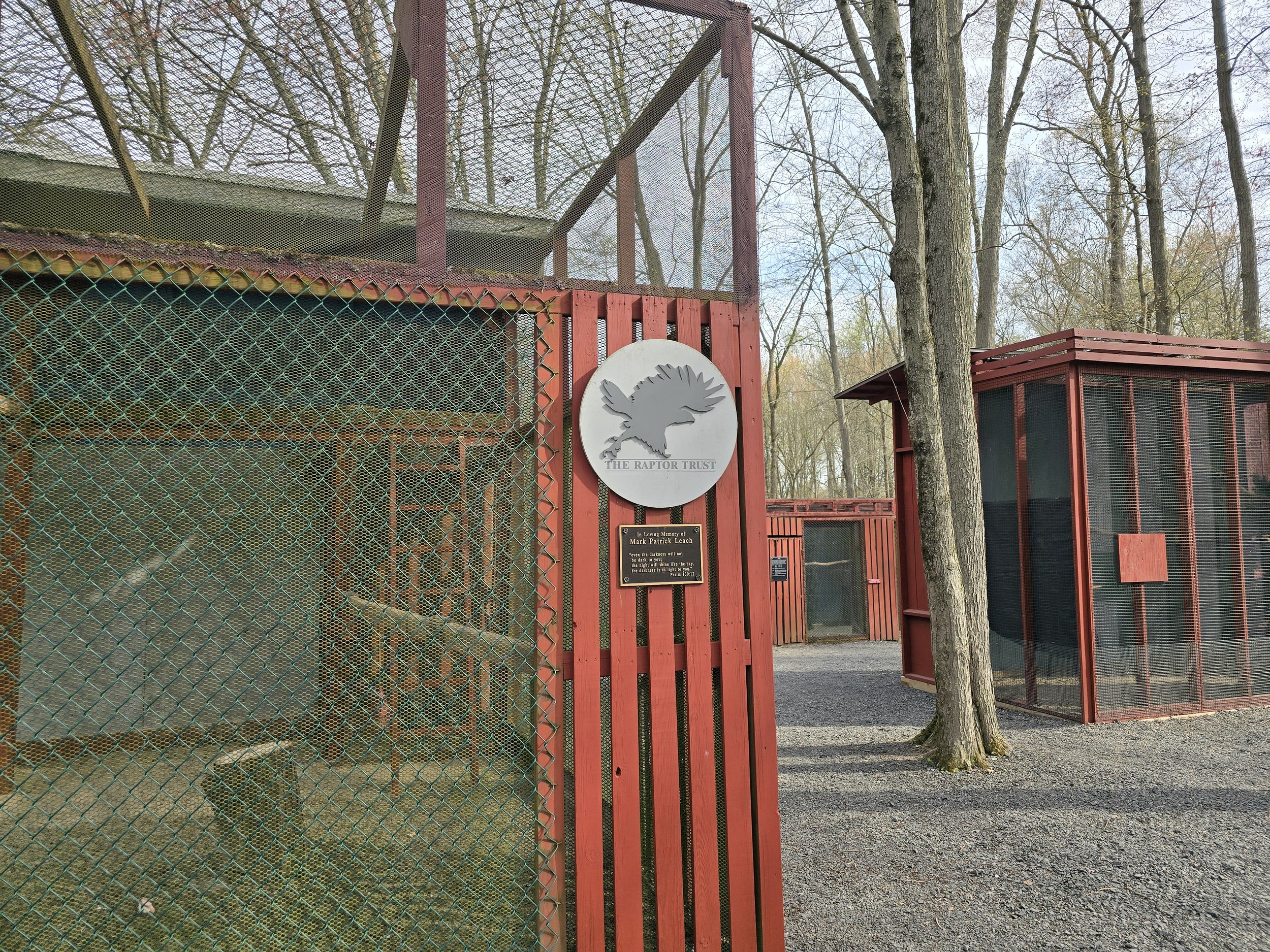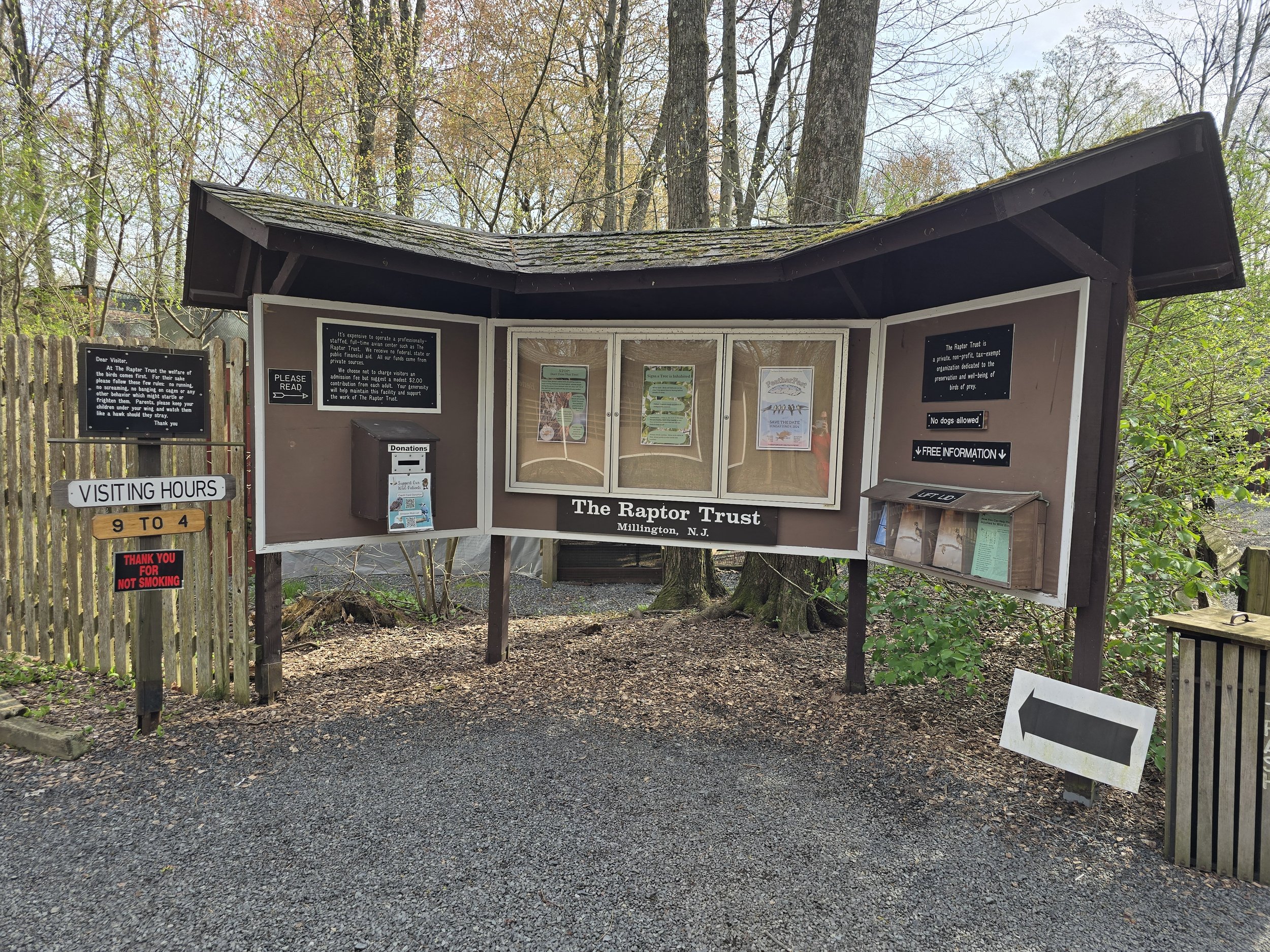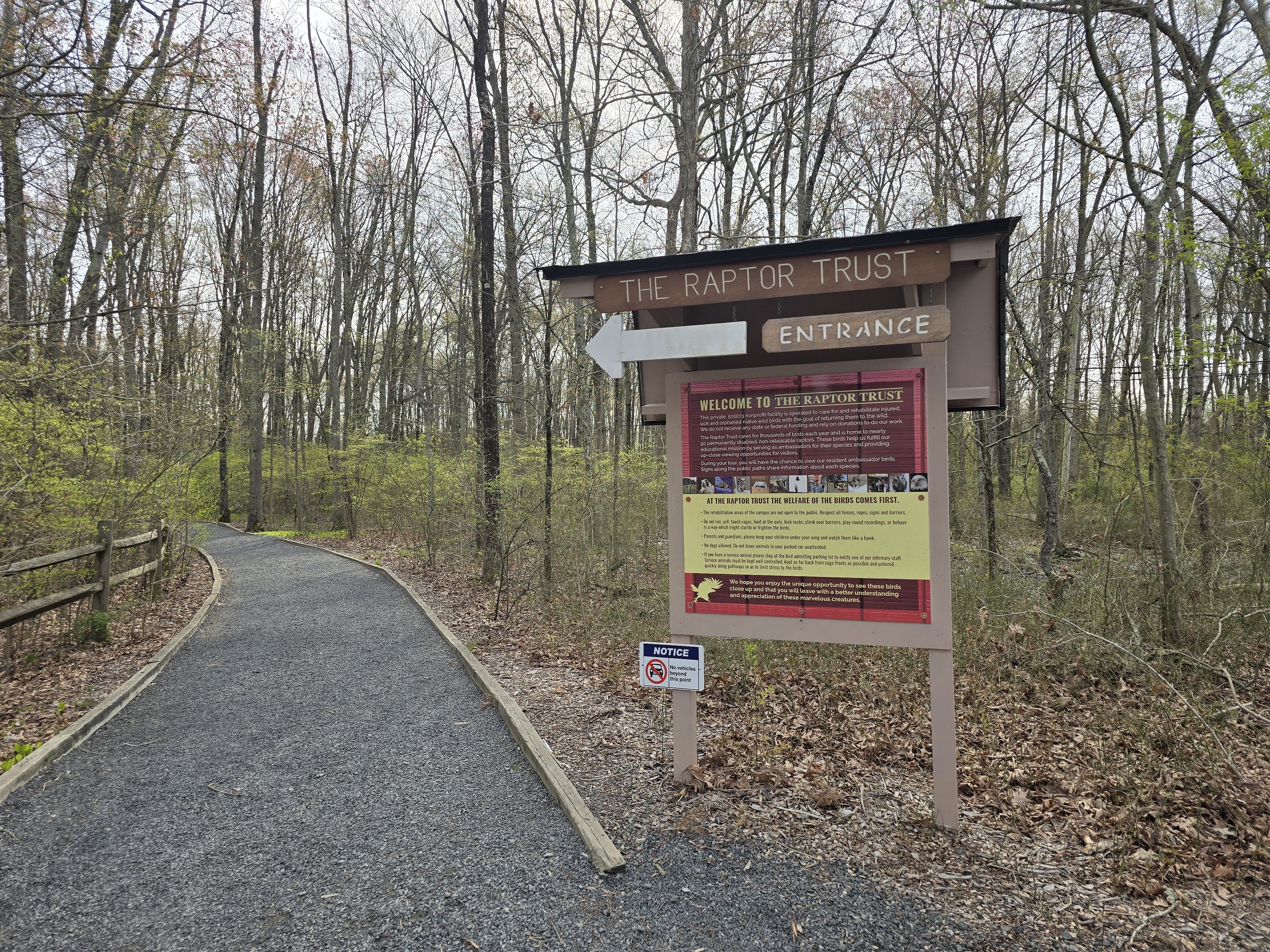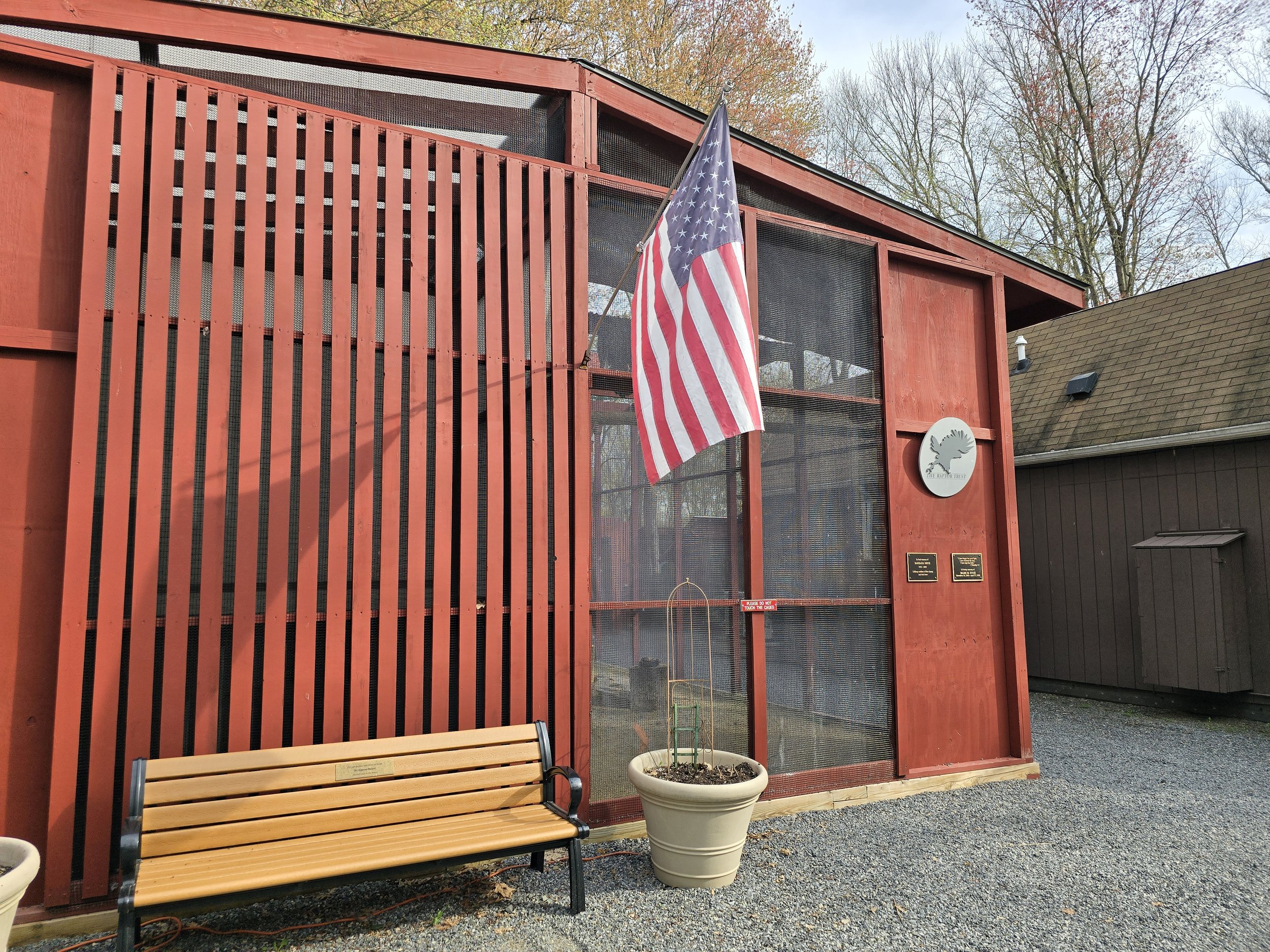About The Raptor Trust
The Raptor Trust is a 501 (c)(3) not-for-profit organization that helps injured birds of prey. The Raptor Trust is one of the premier wild bird rehabilitation centers in the United States. Located in Millington, New Jersey, The Raptor Trust includes a hospital with state-of-the-art medical facilities, quality exterior housing for several hundred birds, and an education building. A stalwart advocate for wild birds for over four decades, The Raptor Trust is recognized as a national leader in the fields of raptor conservation and avian rehabilitation. In addition to the medical services provided for injured and orphaned birds, The Raptor Trust provides on and off- and off-campus education programs to schools and community organizations throughout the state.
The organization, led by dedicated individuals, is known for rehabilitating and releasing raptors. A “raptor” is a bird of prey. Before their inclusion in the Federal Migratory Bird Treaty Act in 1972, there was no legal protection for most species of raptors: they often were viewed as vermin and were regularly destroyed, with some states placing bounties on certain species of raptors. In 1968, Len Soucy and his wife, Diane, bought 14 acres of property in Millington, NJ. Len began to care for injured raptors part-time in their backyard. Len’s reputation grew and people began bringing birds of all kinds for care. The Raptor Trust was incorporated as a 501(c)(3) organization in 1983.
Our federal tax ID number is 22-2420295.
Our Mission
The Raptor Trust’s mission is to set a humane example by providing care to native wild birds in need, and by educating people about wild birds, especially birds of prey.
The Raptor Trust’s Mission is to:
1. Provide free care and assistance to injured, sick, or orphaned wild birds.
TRT’s professional staff supplies the highest quality medical care and maintenance to all avian patients. A fully equipped medical infirmary, including an intensive care wing, exists on site. Services available include diagnostics, X-ray, orthopedic repair and specialized diets. Although begun as a raptor care facility, TRT now offers assistance to all native wild birds. The goal is always to return all viable individuals to the wild. In the ten year period of 1986 through 1995, over 25,000 wild birds were admitted to the rehabilitation facility—half of which were set free.
2. Educate people about wild birds, especially birds of prey.
The Raptor Trust’s educational efforts to benefit raptors and all wild birds are actively pursued in several ways. Currently, two full-time teachers/naturalists are employed by TRT to present programs on the natural history of raptors. These informative, factual presentations are given to schools, scouts, nature organizations and all other interested groups, and are attended by thousands of people, primarily young people, each year. Live birds of prey are often used in these educational offerings. Another way TRT educates is through its own written words. Over time, it has published and distributed a great deal of information about wild birds in the form of books, pamphlets, fact sheets, and posters.
Each year tens of thousands of people visit The Raptor Trust to view the many unreleasable native birds of prey in residence. People are allowed, indeed encouraged, to come and see the birds, marvel at them, ask questions about them and learn about them. It is hoped that through the process of learning more about raptors, people will become less apprehensive and more tolerant of them.
3. Provide a humane example for others.
For three decades The Raptor Trust has provided its unique services to the wild birds and the people who find them, always trying to be helpful and caring to both. It is TRT’s hope that its long-standing presence and humane conduct have provided a worthy example to others.
The Raptor Trust Vision
The Raptor Trust envisions a world where animals and the environment are not harmed by human activity, unless accidentally, at which time people would do all in their power to heal and correct the harm.
Our Values
Respect: We recognize that all living things are important and deserve respect. We treat every native wild bird with compassion and dignity.
Responsibility: We strive to help injured, sick, or orphaned native wild birds, especially those impacted by human activities.
Excellence: We strive to provide the highest quality medical care and rehabilitation for wild birds. Our education programs deliver factual and engaging information to audiences of all ages and abilities.
Stewardship: Through our educational efforts, we encourage responsible stewardship of our natural environment and the wild birds that inhabit it. We work to conserve, protect, and restore populations of raptors and other native birds to protect the biodiversity of all living things in the ecosystem.
Connecting All Communities with Nature
The Raptor Trust is dedicated to advancing diversity, equity, and inclusion (DEI) in all aspects of our work. We strive to contribute to creating a society where all individuals, regardless of race, ethnicity, gender identity, sexual orientation, or socioeconomic status, can thrive.
At our core, we champion biodiversity and celebrate the richness of human diversity. We recognize that social, cultural, and environmental justice are interconnected pillars essential for building a sustainable and equitable future for all.
The Raptor Trust is committed to expanding access to our environmental education programs. Through the support of the Len and Diane Soucy Memorial Fund, we will provide financial assistance to educational institutions and community organizations. This initiative ensures that everyone, regardless of background, has equal access to engage with and benefit from a connection to the natural world.
Together, we strive to create a more just, inclusive, and sustainable society where everyone can connect with nature and contribute to a brighter future.
The Raptor Trust History
Len Soucy The Raptor Trust founder
The Raptor Trust is a result of one man’s long-time interest in nature and, particularly, birds of prey. Len Soucy first became interested in hawks after a visit to Hawk Mountain Sanctuary in Kempton, Pennsylvania, in the fall of 1964. From that time on he had a passionate concern for the well-being of raptors. His concern was well founded, for prior to the passage of the Federal Migratory Bird Treaty Act in 1972, there was no legal protection for hawks and owls. In the ecological “dark ages,” raptors (and most other predators) were viewed as vermin, bad and vicious killers, and they were regularly destroyed with impunity.
Many states, including New Jersey, actually placed bounties on some birds of prey. And although there were many raptor advocates like Soucy, there were precious few people, and almost no facilities, that provided care to injured and orphaned predatory birds. In 1968 Soucy bought a home on 14 acres of property in Millington, N.J.
With the help and support of his wife Diane and son Chris, he began to care for injured raptors, part time, in their backyard. At first the case load was small, but as their work became better known, the number of birds brought to their backyard bird hospital grew dramatically each year. By the end of the 1970’s hundreds of birds of all kinds, not just raptors, were being admitted annually. Aviaries were constantly being built and the facility expanded to house the burgeoning avian population. Throughout those years, all the work was done by the Soucys and a few dedicated volunteers. It was financed totally by Len and Diane.
By the early 1980’s, the project had become so large and expensive that they could no longer afford to finance it alone. In 1982 the operation was named The Raptor Trust and established as a non-profit corporation in the state of New Jersey. The following year TRT was granted tax-exempt status by the Internal Revenue Service. Funds could now be solicited and received from corporations, foundations and private donors to help meet financial needs.
